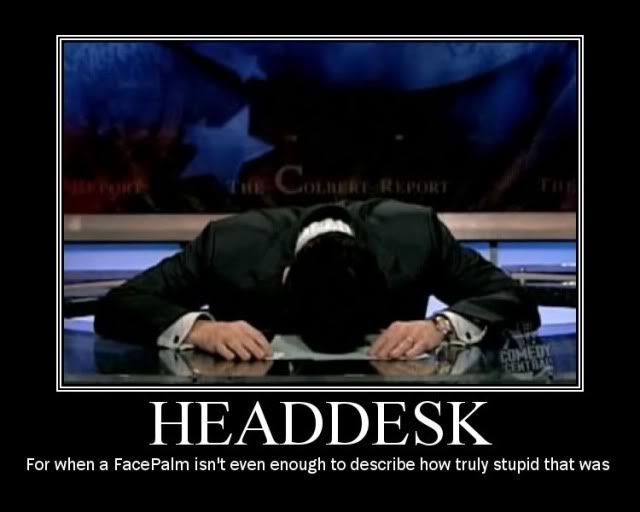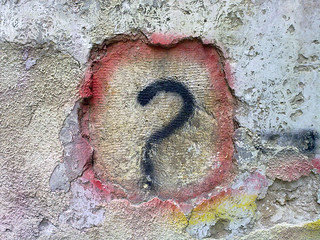Hello, all! It's genre Monday and today I have the lovely and talented Ashley March, historical romance author extraordinaire, to talk with us about the ever-important voice.
Take it away, Ashley...
Voice Matters by Ashley March
I recently decided to try to write my first contemporary romance. I had great characters, a great storyline, and I figured it would be as easy to write as my usual Victorian romances. However, I realized very quickly that I had a big problem I never expected: I couldn’t find my contemporary romance voice.
We’ve all heard that each author has their own voice, but I believe that each author also has their own genre/sub-genre voice. Authors who write both romance and YA aren’t going to have the same voice, and the same is true for authors who write both historical and contemporary romance. As I struggled with finding my voice for contemporary romance, I realized that this is something I don’t often hear writers talking about. But the truth is this: voice matters not only as a means of making you stand out from among the crowd, but also as a means of putting you in the right crowd.
I’m a writer who believes in giving back to other writers and the writing community, and one of the ways I do this is by sometimes critiquing partials or fulls of pre-published writers. Often one of the comments that I have to make time and time again is that the writer’s voice sounds anachronistic. They’re using words that wouldn’t have been used in a certain period, or sometimes, even if those words were used, the phrasing simply sounds modern. As someone who pays a lot of attention to words—not only which words are chosen, but the rhythm of words, or how they sound when read—I know there’s a difference that can be seen in the voice of historical romance authors versus the voice of other romance sub-genres, and this difference is important. Not only can the right voice for a genre/sub-genre help the story feel more authentic, it can also help draw your reader more quickly into your story.
I thought this point would best be made through examples.
Here is a contemporary excerpt (from Teresa Medeiros’ GOODNIGHT, TWEETHEART):
According to the page that popped up, Abby was now Abby_Donovan and she already had seventeen Followers. Having "Followers" made her feel like some sort of kooky religious cult leader. An empty box invited her to answer one simple question—"What's happening?"
Her fingers hovered over the keys, torn between typing, "None of your business" and "I'm sipping Cristal on the beach at St. Tropez with Brad Pitt."
Sighing, she finally settled on the truth: "I'm feeling sorry for myself." She hit the Update button and waited.
Here is a historical excerpt (from Teresa Medeiros’ THE DEVIL WEARS PLAID):
For the first time since he'd muscled his way into the abbey, the stranger's mocking gaze flicked toward her. Even that brief glance was enough to bring a flush stinging to Emma's fair cheeks. Especially since his words held the undeniable and damning ring of truth.
This time it was almost a relief when Ian Hepburn once again sought to impose himself between them. "You may mock us and pretend to be avenging your ancestors as you always do," he said, a sneer curling his upper lip, "but everyone on this mountain knows that the Sinclairs have never been anything more than common cutthroats and thieves. If you and your ruffians have come to divest my uncle's guests of their jewels and purses, then why don't you bloody well get on with it and stop wasting your breath and our time?"
***
I specifically chose one author who writes different sub-genres because I don’t believe showing excerpts from two authors writing different sub-genres would be fair for our analysis. We need a real-world example of how an author uses voice to draw a reader into the specific genre/sub-genre she’s writing.
As you can see above, Teresa Medeiros’ contemporary voice is far different from her historical voice. If I were going to describe her contemporary voice, I would call it light-hearted in comparison to her historical voice. The change can be seen in the way the sentences are structured as well as the words chosen and, I would also say, the way the author engages the reader. The contemporary makes me feel as if the heroine could be my best friend, while the historical invites me to be the heroine that could make such a hero fall deeply in love. One is light and flirtatious; the other denser and more dramatic. If we were comparing movies, I would say that it’s the difference between You’ve Got Mail and Jane Eyre. This doesn’t mean that all contemporaries are light—because they’re not—and it doesn’t mean that all historicals are comparatively darker—because they’re not.
What it does mean, however, is that writing a historical isn’t as simple as researching a certain place during a certain time and writing the story that goes along with it. You must find your historical voice, and you must know your readers’ expectations for what a historical voice sounds like.
The following are recommendations for several historical romance authors with very strong voices. You’re not supposed to try to model your voice after theirs, but you should read them. Analyze what is different about their voices and what is the same. Reading in your genre/sub-genre is always important to know your market, but with the historical romance sub-genre in particular, part of the escape into the historical world is having a historical voice. If you want to write historical romance, I would say that developing a historical voice is equally as important as doing research in terms of bringing a feeling of authenticity to your writing. Don’t be fooled into thinking you don’t need one.
Recommendations for historical authors with strong voices:
Sherry Thomas (tryPrivate Arrangements or Not Quite a Husband)
Julie Anne Long (try What I Did for a Duke or The Perils of Pleasure)
Anne Mallory (try Three Nights of Sin or Seven Secrets of Seduction)
Lisa Kleypas (try Dreaming of You or Devil in Winter)
Meredith Duran (try Wicked Becomes You or A Lady’s Lesson in Scandal)
Julia Quinn (try The Duke and I or Romancing Mr. Bridgerton)
This month’s must-read recommendation for both strong voice and for being a nearly perfect historical romance is Joanna Bourne’s
A glittering French aristocrat is on the run, disguised as a British governess. England's top spy has a score to settle with her family. But as they're drawn inexorably into the intrigue and madness of Revolutionary Paris, they gamble on a love to which neither of them will admit.
How important is voice to you as a reader and as a writer? If you’ve written in different genres/sub-genres, what tips and tricks do you use for changing your voice appropriately?
Ashley March is a baby-induced sleep-deprived romance author who lives in Colorado with her husband and two young daughters. Her newest Victorian historical romance, ROMANCING THE COUNTESS, is a love story about an earl and his best friend’s wife who are drawn together after their spouses—who were having an affair—die in a carriage accident. Her approach to the romance genre and the books she writes can be seen in the tagline on her website:
Choose love. Hope in love. Believe in love
And Ashley has a new book out this month--
Romancing the Countess (Signet Eclipse)
! Go let her know how thankful we are for her sharing her insight with us by buying her super fabulous books!

“...a sexy, sizzling tale that is sure to have readers begging for more!"
–Jo Davis, author of I SPY A DARK OBSESSION























